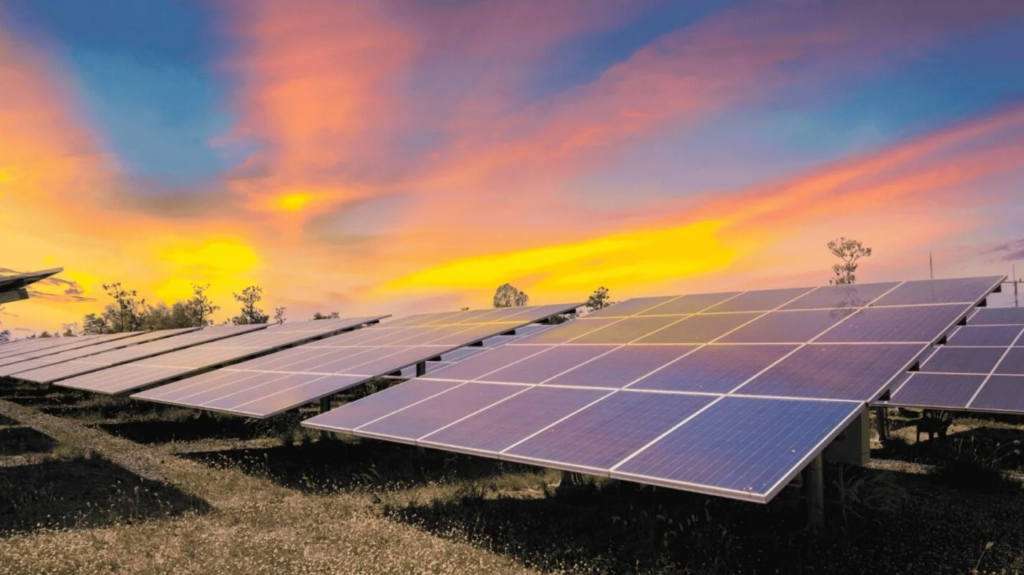
Introduction
In today’s world, where environmental concerns are becoming increasingly prominent, the quest for sustainable and clean sources of energy has never been more critical. One such solution that stands out is solar energy. This article delves deep into the world of solar energy, exploring its significance, technology, advantages, and much more.
The Solar Energy Revolution
Solar energy, also known as photovoltaic energy, is a renewable and sustainable power source derived from the sun’s radiant light and heat. As we strive to reduce our carbon footprint and address climate change, solar energy has emerged as a beacon of hope for a greener future.
Understanding Solar Panels
How Solar Panels Work
At the heart of solar energy are solar panels. These marvels of technology convert sunlight into electricity through the photovoltaic effect. When sunlight hits the panels, it excites electrons, generating direct current (DC) electricity.
Types of Solar Panels
- Monocrystalline Solar Panels
- Known for their efficiency and sleek appearance.
- Polycrystalline Solar Panels
- Cost-effective but slightly less efficient.
- Thin-Film Solar Panels
- Flexible and lightweight, suitable for various applications.
The Solar Power System
Components of a Solar Power System
- Solar Panels
- The primary energy-generating component.
- Inverter
- Converts DC electricity from panels into usable AC electricity.
- Battery Storage
- Stores excess energy for use during cloudy days or at night.
Advantages of Solar Energy
Clean and Renewable
Solar energy is abundant and will never run out. It produces no greenhouse gas emissions, making it one of the cleanest energy sources available.
Reduced Energy Bills
By harnessing solar power, homeowners can significantly reduce their electricity bills, saving money in the long run.
Low Maintenance
Solar panels require minimal maintenance, with occasional cleaning and inspections being the primary tasks.
Challenges and Solutions
Intermittency
Solar power generation depends on sunlight availability, which can be intermittent. Battery storage systems help mitigate this issue.
Initial Costs
The upfront costs of installing solar panels can be high. However, government incentives and decreasing panel prices are making it more accessible.
Solar Energy Applications
Residential Solar Panels
An increasing number of homeowners are installing solar panels to power their homes, reduce energy costs, and contribute to a greener environment.
Solar Farms
Large-scale solar farms generate electricity for communities and industries, further reducing reliance on fossil fuels.
Space Exploration
Solar panels play a crucial role in providing power to satellites, space probes, and even the International Space Station.
The Future of Solar Energy
The solar energy industry is continuously evolving, with advancements in technology and efficiency. As it becomes more affordable and accessible, solar energy is poised to become a dominant player in the global energy landscape.
Conclusion
Solar energy represents a clean, sustainable, and economically viable solution to our energy needs. By harnessing the power of the sun, we can reduce our carbon footprint, lower energy bills, and contribute to a greener planet.
